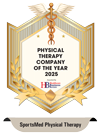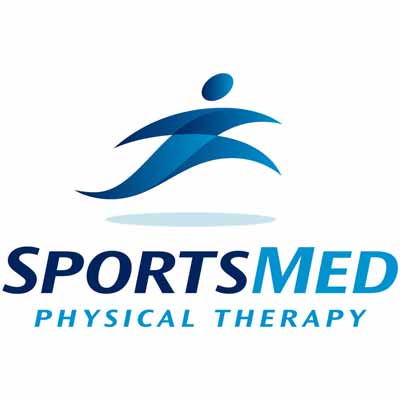Back pain is pretty common. For some, surgery may seem the only option when you can’t seem to get any relief. Is that really the best course of action? Let’s first take a look at the common back surgeries and the conditions they treat.
Laminectomy
Commonly used to treat spinal stenosis.
The procedure involves removing part of the vertebral bone called the lamina in the hopes of allowing room for the nerve.
Microdisectomy
Commonly used to treat herniated discs.
Vertebrae are separated by soft jelly cushions called discs. When a portion of the disc ruptures, the soft jelly can come out and put pressure on spinal cord nerves. In a microdisectomy, the herniated portion of the disc is removed.
Spinal Fusion
Commonly used to treat degenerating discs, fractured vertebrae, or herniations.
This surgery involves fusing two vertebra together using hardware and bone grafts. This is done to provide more stability for the spine.
General Complications
As with any surgery, there are complications that may arise. While they may not all apply to you, it is crucial to understand the implications of seeking surgical treatment.
Anesthesia
Anesthesia is commonly used so patients cannot feel the procedure, and to keep their bodies still. Local anesthesia is used to numb just the area being worked on, while general anesthesia places the patient completely unconscious. With general anesthesia, machines monitor and assist with internal vital processes. This is done using a combination of drugs and gases. There is a risk for patients to have a reaction to the anesthesia if there are other medical conditions. The anesthesiologist will provide advice and warnings prior to administering the dosage.
Blood Clots
Blood clots can happen to anyone but risks are higher after surgery, specifically, Deep Venous Thrombosis (DVT), where clots form in the veins of the leg. There are several reasons why a blood clot may form – a result of the body’s attempt to stop bleeding form the surgery, damage caused to the blood vessels as a result of surgery, or stagnant blood that begins to clot. If a clot breaks, parts can get logged in the lung and restrict blood supply, known as a pulmonary embolism. Other possible outcomes are a collapsed lung or death. Machines or drugs are used to prevent this.
Lung Issues
After surgery, lungs may not function optimally due to lack of movement. This can also stem from drugs or anesthesia that decrease lung function, bed rest that prevents normal function, or pain medications that disturb deep breathing patterns.
Infection
All surgery comes with an infection risk. Precautions are taken to avoid this and rarely occur in spinal procedures.
Spinal Cord Injury
Spinal surgeries always have some risk of injury to the spinal cord. The spinal cord connects the brain to the rest of the body so an injury to it can cause serious problems.
Second Procedure
If issues arise with any hardware such as braces, screws, or bolts, a second operation may be required to correct it.
Hardware may shift from its intended position or it parts may break off and require readjusting or replacement.
Ineffective Operation
No surgery is a 100% guarantee. That being said sometimes spinal surgeries do not solve the problem and in others may lead to an increase in pain, only short term relief, or a resurgence of the original issue (as is the case with some herniations). While always a risk, little can be done for prevention.
Muscular Issues
As technology and knowledge increases, surgery becomes less and less invasive. That being said, surgeons need to push aside or cut muscle to get to the area that needs focus. This can create problems with those muscles and full function may never be restored.
Should I Get Back Surgery?
Understanding risks involved should be part of any decision making process. When it comes to any surgical procedure, make sure to look at all non-surgical alternatives before getting on the table. Some conditions are genetic and have no other alternative besides surgery. The best course of action is to see a professional as soon as pain starts. Herniations, bulging discs, or sciatica can usually be treated in a non-surgical route. Regular physical activity, learning to lift things properly, and not smoking are great ways to keep you healthy and functioning well into older age. Also note that strength training or weight loss will result in the best odds for general health and post-surgery rehabilitation. Do yourself a favor, and explore all the options before committing to back surgery.
In need of a Back Pain consultation? Schedule an Appointment Today!
If you have any questions, or want a consultation with a professional, feel free to call, or schedule an appointment online at any of our Bergen County or Passaic County offices in New Jersey. Choose from Glen Rock, Franklin Lakes, Fair Lawn, Ridgewood/Ho-Ho-Kus, and/or Clifton – we make it possible for you to visit any of our offices at your convenience.





